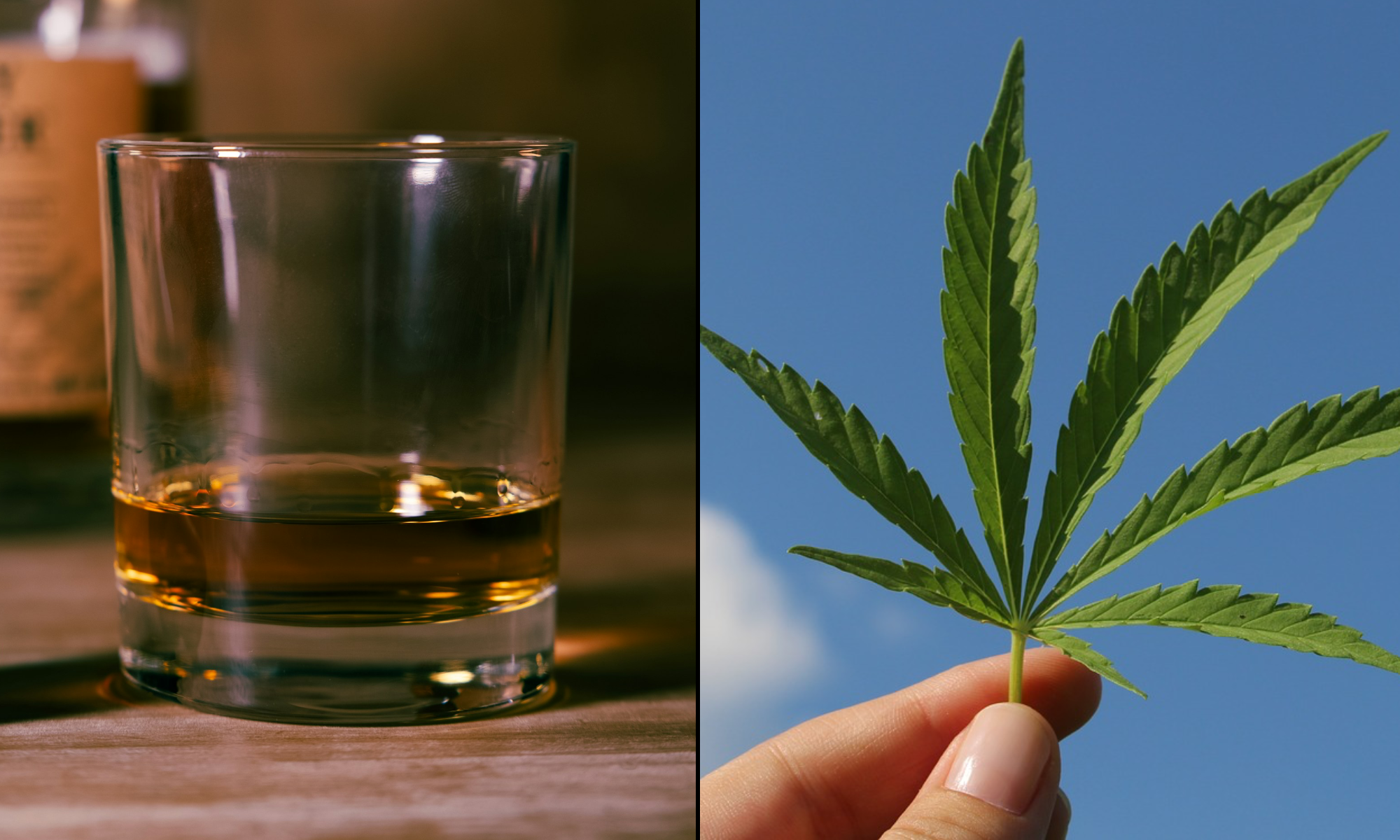Business
Whiskey Company Scales Back Operations, Citing ‘Consumer Shifts’ Toward Marijuana As Alcohol Alternative

A popular independent craft spirits distillery says it’s scaling back its operations—due in part to the fact that more adults are choosing marijuana over alcohol.
Heritage Distilling Company, Inc.–which has distillery locations for its whiskey and other spirits in Oregon and Washington State where cannabis is legal—said on Thursday that a confluence of factors informed its decision to close tasting rooms, shift to contract production partnerships and focus on direct-to-consumer sales.
The company listed four specific considerations that led to the consolidation of its operations. That includes “consumer shifts toward reduced alcohol consumption and alternative products, including marijuana.”
That shift is being closely monitored across the alcohol industry. Earlier this year, the CEO of Brown-Forman Corporation, which produces brands such as Jack Daniel’s and Woodford Reserve, said that the growing use of marijuana as an alternative to alcohol is putting “pressure” on the spirits industry.
This week, new congressional lobbying reports shows that many major companies such as Anheuser-Busch, Bacardi North America and Moet Hennessy USA are engaged in federal lobbying to influence cannabis policy amid the surge in interest into THC beverages.
“For more than a decade, Heritage Distilling tasting rooms were places for friends and family to gather to enjoy each other’s company and great spirits,” Jennifer Stiefel, president of Heritage Distilling, said in a press release on Thursday. “As we head into the final stretch of the year, we wanted to give our customers and club members two months of lead time to plan their final visits to our tasting rooms, to share in great memories and to thank the staff who helped them along their customer journey.”
The company also listed tax and regulatory challenges in Oregon and Washington State as additional reasons for the business model change.
The fact that evolving consumer preferences for cannabis factored into the decision isn’t entirely surprising, as there have been many recent market analyses and surveys indicating that marijuana legalization has proved to be a disruptive force for the alcohol industry.
A poll released earlier this month found that a majority of Americans believe marijuana represents a “healthier option” than alcohol—and most also expect cannabis to be legal in all 50 states within the next five years.
Another recent survey showed that four in five adults who drink cannabis-infused beverages say they’ve reduced their alcohol intake—and more than a fifth have quit drinking alcohol altogether.
That survey was released shortly after a leading alcohol industry group added a company that makes THC-infused drinks to its membership roster for the first time, furthering signaling the cultural shift.
This also comes at a time when younger Americans are increasingly using cannabis-infused beverages as a substitute for alcohol—with one in three millennials and Gen Z workers choosing THC drinks over booze for after-work activities like happy hours, according to a new poll of 1,000 young professionals.
This month it was revealed that the retail giant Target is soft launching sales of THC-infused beverages at select stores in Minnesota.
Meanwhile, Veterans of Foreign Wars (VFW) of the United States recently entered a first-of-its-kind partnership with a hemp THC beverage company, with a licensing branding deal that will support a variety of veterans services and promote cannabis drinks as a potential alcohol alternative with the drinks being available at VFW posts across the country.
Separately, while Target is apparently moving into the THC drink space, the airline Virgin Atlantic denied satirical and false claims earlier this year from a cannabis beverage company about a deal to sell its THC-infused beverages on flights.



